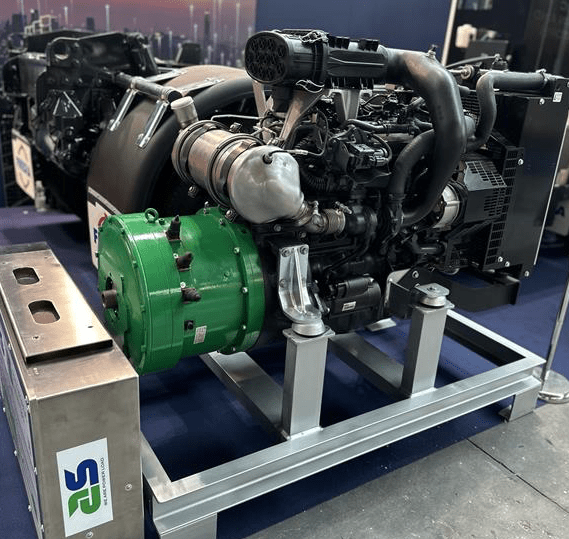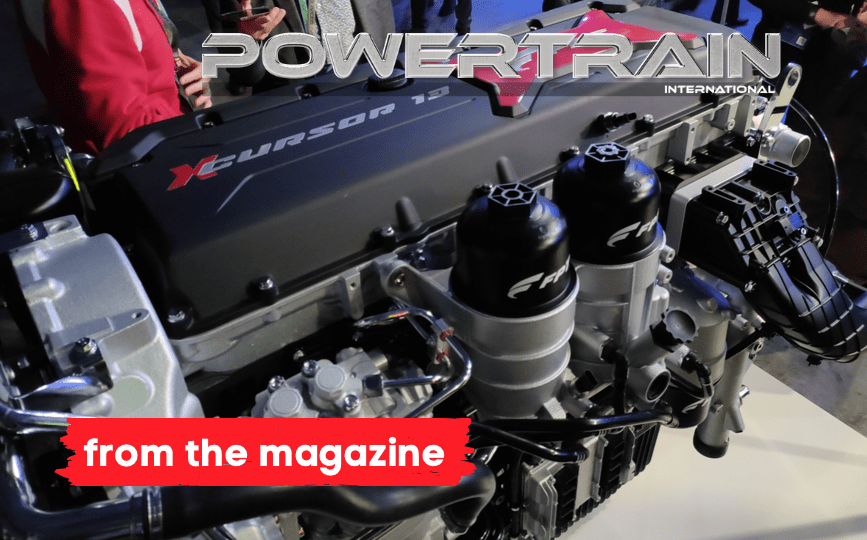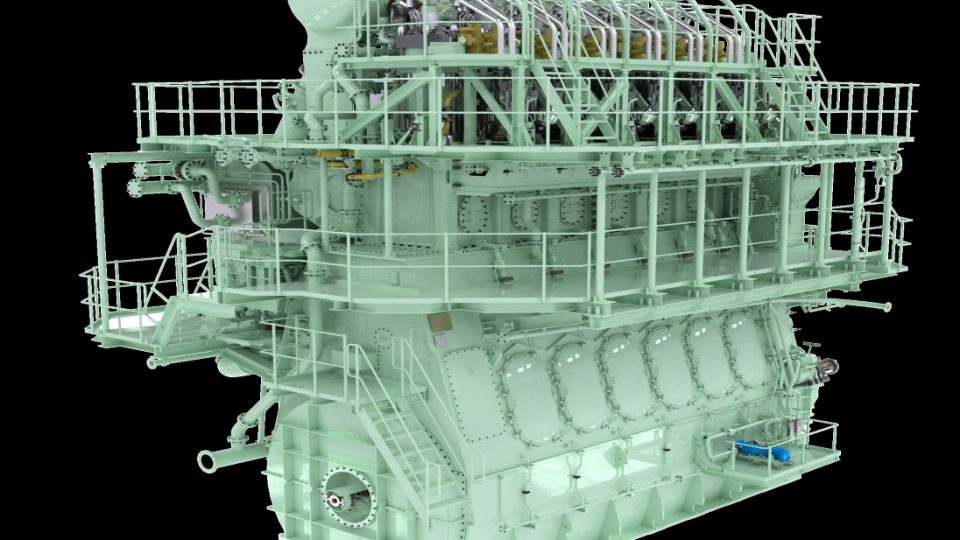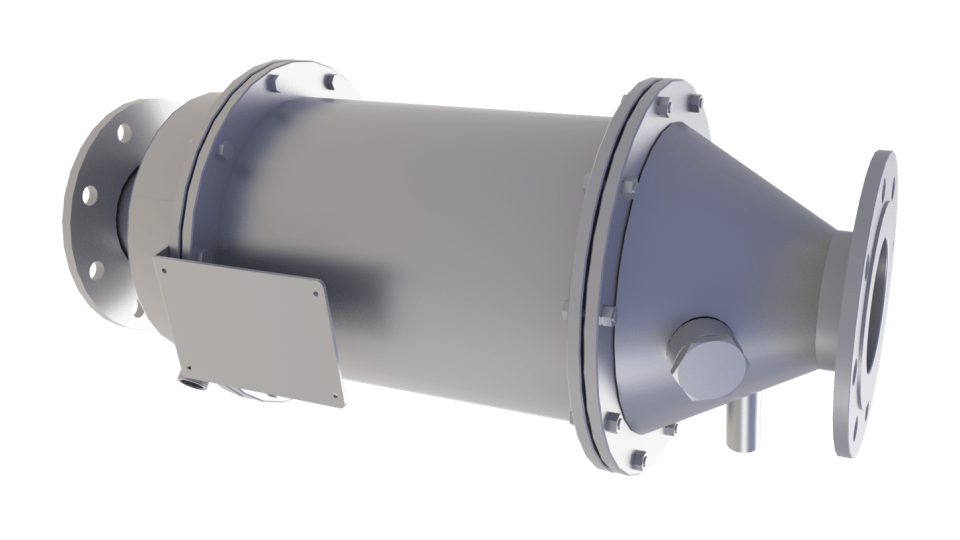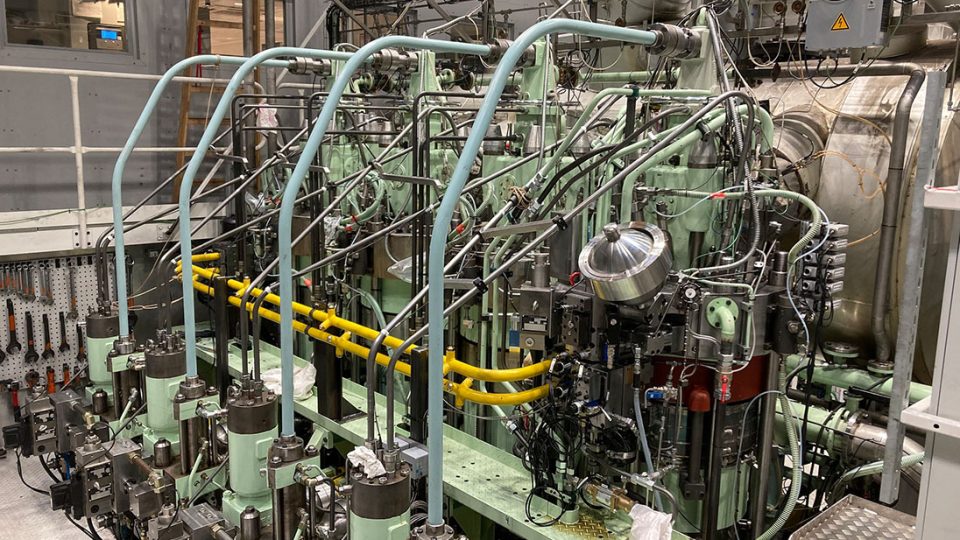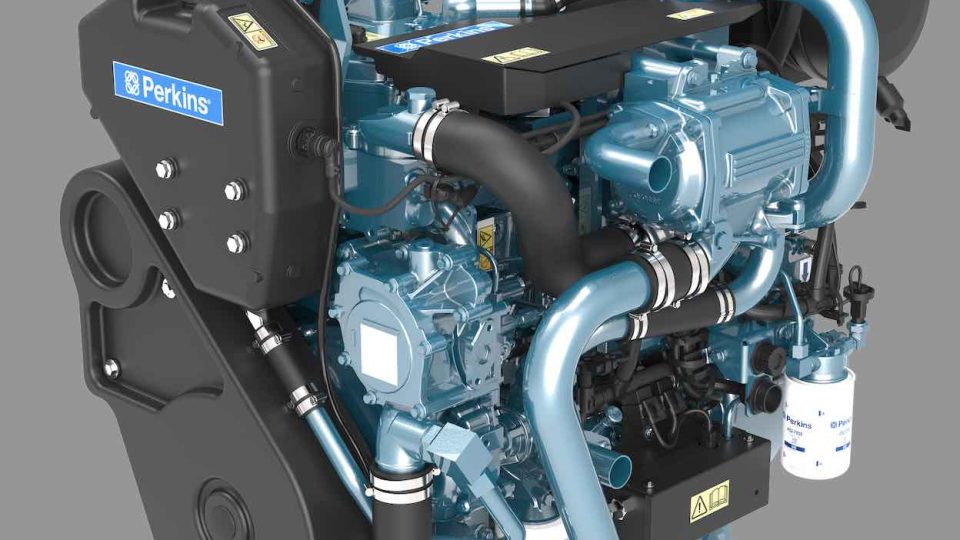Rolls-Royce driving sustainability in the superyacht industry
Rolls-Royce has many innovations in store: the agreement with Water Revolution Foundation, the partnership with Lürssen for methanol on large yachts, and the order by Turquoise Yachts for an mtu hybrid solution
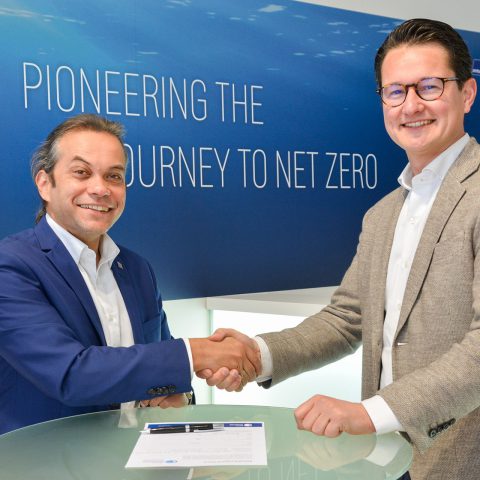
Rolls-Royce is stepping up its sustainability strategy by forging a partnership with Water Revolution Foundation (WRF), a non-profit organization whose mission is to promote sustainability through collaborations with the superyacht industry. The Rolls-Royce Power Systems business unit with its mtu product and solutions brand is the first propulsion system manufacturer to support the Water Revolution Foundation by committing to it at the highest level as an Anchor Partner. During the Monaco Yacht Show, the leading industry event for large-yacht manufacturers and customers, the company agreed for a promising collaboration with the foundation.
The target of the Net Zero atPower Systems program launched by the Rolls-Royce Power Systems business is to achieve by 2030 a 35% emissions reduction across all products relative to 2019. Net Zero is to become reality over all scopes by 2050 at the latest. In the field of yachts, Rolls-Royce is working on hybrid systems, exhaust aftertreatment systems and fuel cell solutions, and is now allowing sustainable fuels such as HVO and e-diesel to power mtu engines, enabling immediate emissions reductions.
WRF’s Anchor Partners already include, amongst others, major yacht manufacturers such as Abeking & Rasmussen, Benetti, Damen Yachting, Feadship, Heesen, Lürssen, Oceanco and Sanlorenzo, as well as material suppliers such as Akzo Nobel.
Rolls-Royce and Lürssen to focus on methanol propulsion for large yachts
Rolls-Royce and yacht/shipbuilder Lürssen are making a strong case for methanol as an environmentally friendly and climate-friendly fuel for yachts. They are already working on specific projects, including the propulsion of a Lürssen yacht using mtu methanol engines from Rolls-Royce. The two companies made the announcement at the Monaco Yacht Show, the world’s largest exhibition for large yachts.
The companies plan to focus on yachts with lengths of 75 meters and above, which offer great potential for being powered by methanol – ideally “green” methanol. This is a synthetic fuel produced by taking carbon dioxide (which is harmful to the climate) from the atmosphere and converting it using electricity from renewable generation such as solar or wind farms. The amount of carbon dioxide given off by engines running on “green” methanol is equivalent to the amount originally extracted from the air, resulting in a “net zero” carbon footprint.
In addition, methanol engines emit much less particulate than comparable diesels, and their exhaust gases can be vented without undergoing SCR aftertreatment.
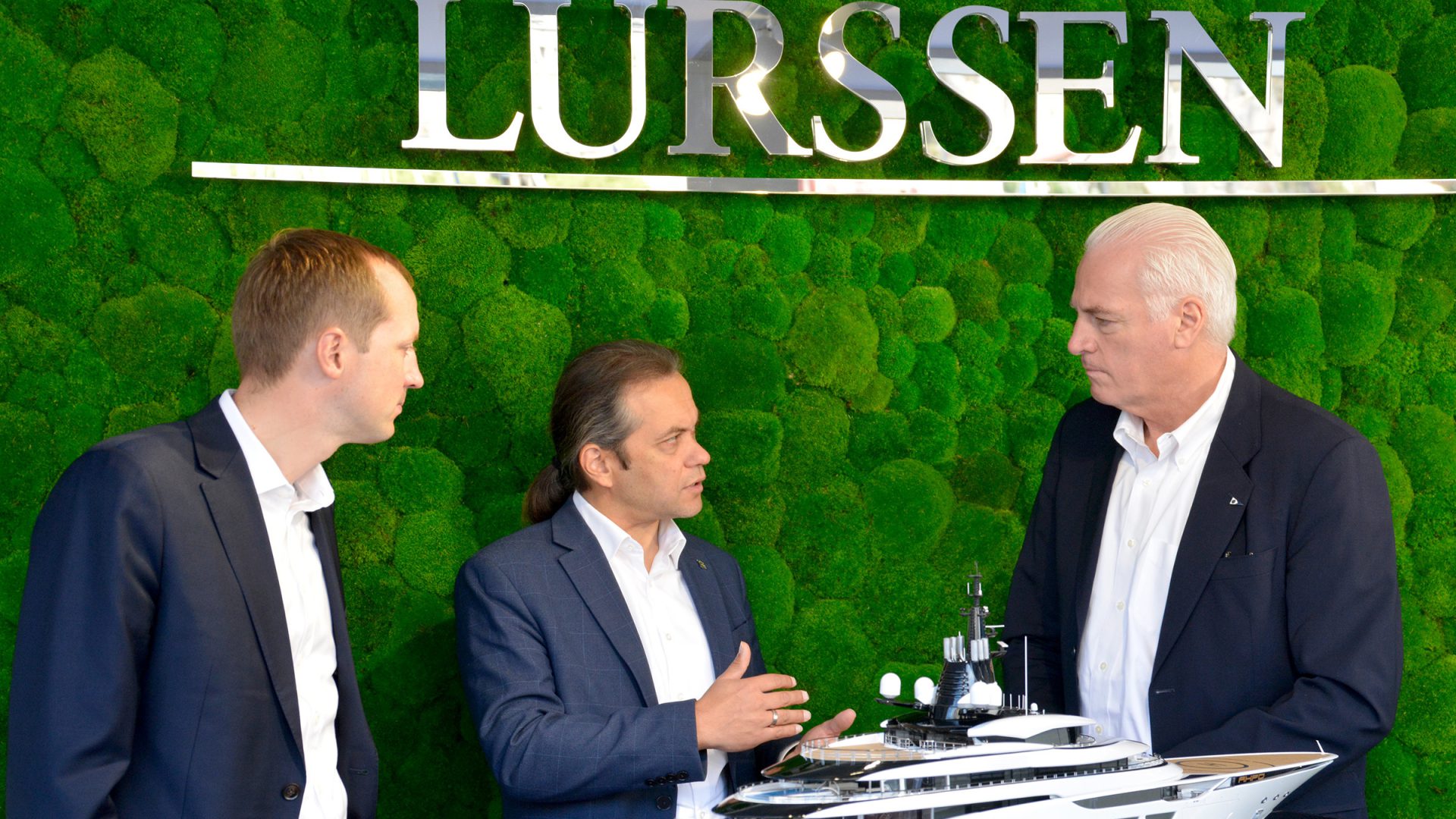
Rolls-Royce delivers mtu Hybrid PropulsionPack for mega yacht to be built by Turquoise Yachts
Rolls-Royce has received an order from Turkish yacht builder Turquoise Yachts to supply an mtu Hybrid PropulsionPack for a newbuilt 76m displacement mega yacht. The yacht will be equipped with a Rolls-Royce integrated mtu hybrid propulsion system, comprising two mtu 12-cylinder Series 4000 M65L engines with SCR system, fulfilling the strict IMO III emissions directive. The system also includes two gearboxes, two e-motors and electric cooling systems, two variable speed gensets, a battery system and electrical power management system and the mtu NautIQ Blue Vision NG hybrid automation system which monitors and controls the hybrid propulsion system. The mtu system allows for fully electric operation when necessary, for example for anchoring without exhaust gases and maneuvering in port, helping to protect the climate and offering even more comfort on board. The mtu hybrid system is set to be delivered in 2023, the yacht is to be commissioned in 2025. Turquoise will also build a second yacht with a conventional mtu propulsion system.

